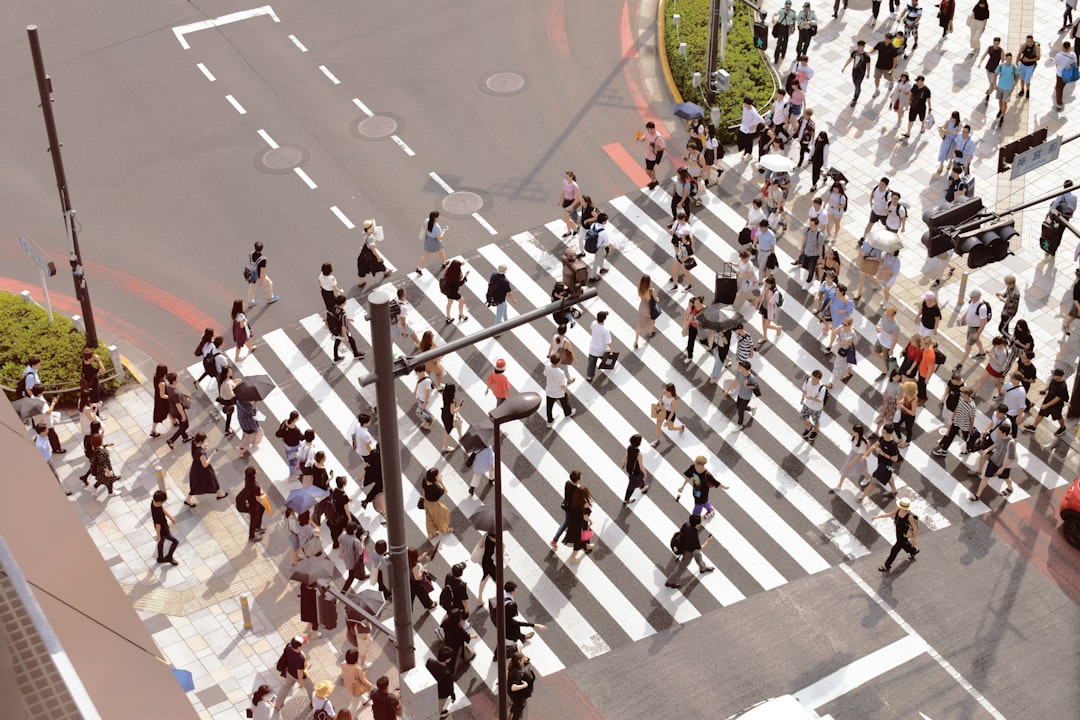What is it about?
There has been a long-held view since the Federalist Papers that the lower the level of government, the greater is the extent of capture by vested interests. Relying on the analytical framework of relative capture, I challenge this assumption by arguing that interest groups have different incentives and capacities to capture different levels of government. I test the theory by investigating how judges at different judicial levels adjudicate corporate lawsuits in China. Exploiting a quasi-experiment in which the Supreme People’s Court dramatically raised the threshold for entering higher level courts in 2008, I show that privately owned enterprises are more likely to win in lower level courts, and state-owned enterprises are more likely to win in higher level courts. I then employ qualitative interviews to explore the mechanisms behind them.
Featured Image
Why is it important?
The findings challenge an underlying assumption in the decentralization literature and have important policy implications for countries that are trapped in centralization/decentralization cycles.
Perspectives
This is a paper that I started in 2013.
Professor Yuhua Wang
Harvard University
Read the Original
This page is a summary of: Relative Capture: Quasi-Experimental Evidence From the Chinese Judiciary, Comparative Political Studies, August 2017, SAGE Publications,
DOI: 10.1177/0010414017720708.
You can read the full text:
Contributors
The following have contributed to this page










